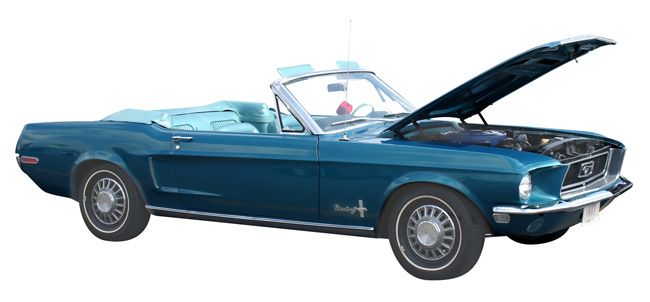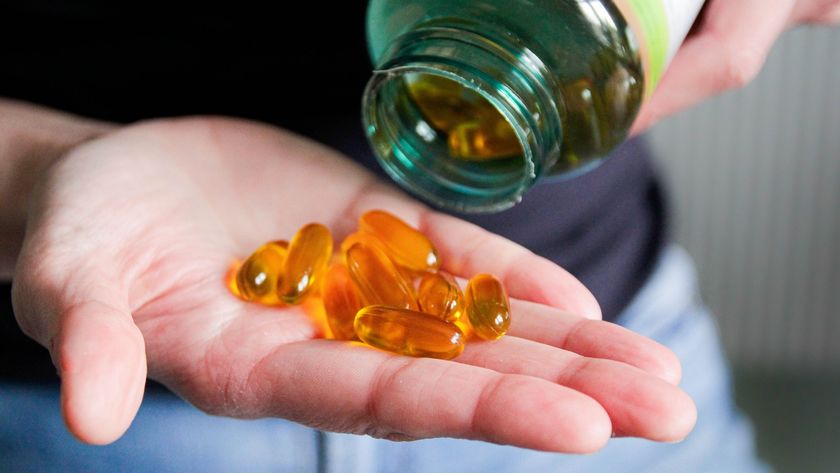That New-Car Smell? Not Toxic, Study Finds

Breathe easy—new car smell is apparently non-toxic, although it might exacerbate allergies, new research suggests.
The molecules responsible for the characteristic leathery, plastic aroma that suffuses new cars are known as volatile organic compounds. These are regularly emitted from plastics, synthetic fabrics, upholstery, carpets, adhesives, paints, cleaning materials and other sources. Only a fraction of these volatile organic compounds are obvious—the rest are odorless.
Toxicologist Jeroen Buters at the Technical University of Munich in Germany and his colleagues investigated the health effects of volatile organic compounds that cars emit. They focused on conditions mimicking those where the molecules would likely get emitted most in cars—when parked in hot sunshine.
Buters and his colleagues first collected molecules from the air inside a new car and a three-year-old vehicle of the same brand placed under 14,000 watts of light, where temperatures reached up to 150 degrees Fahrenheit. They next exposed these compounds to human, mouse and hamster cells grown in lab dishes. These are commonly used to test toxicity.
New car smell does not appear to be toxic, the scientists found. Air from the new car did cause a slight aggravation of the immune response that could affect people with allergies, but the same was not seen with the older vehicle.
The scientists detailed their findings in the April 1 issue of the journal Environmental Science & Technology.
Buters also researches "sick building syndrome," in which people apparently get sick after working in new buildings, where the air can be loaded with volatile organic compounds.
Sign up for the Live Science daily newsletter now
Get the world’s most fascinating discoveries delivered straight to your inbox.
Curiously, "if you had the concentration of volatile organic compounds in the air of new buildings that you had in new motor vehicles, you would immediately get sent home out of fear of sick building syndrome," Buters told LiveScience.
This discrepancy might be explained in part by the different mindsets people have when it comes to entering new cars versus new buildings, he said.
"There's a big discussion over whether sick building syndrome is real or not. We do know that in sick building syndrome, mindset is important," Buters said. "People are generally happier entering new cars than new workplaces. But another factor that might come into play is ventilation. If the smell is getting to you in the car, you can roll down your windows."
Buters also noted that car manufacturers have done a good job on reducing new car smell. "They are concerned about reducing these emissions," he said.
- Top 10 Mysterious Diseases
- The Most Popular Myths in Science
- Top Ten Unexplained Phenomena












